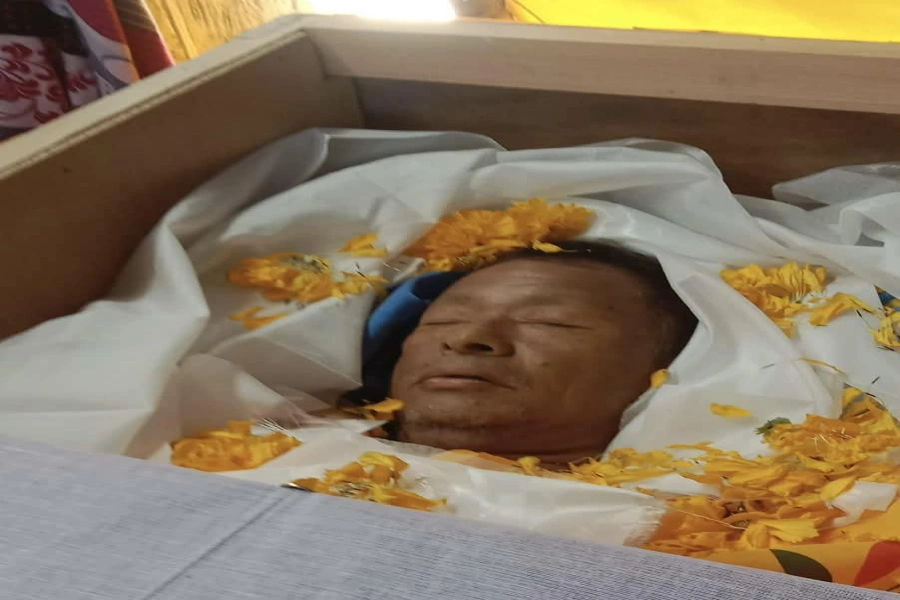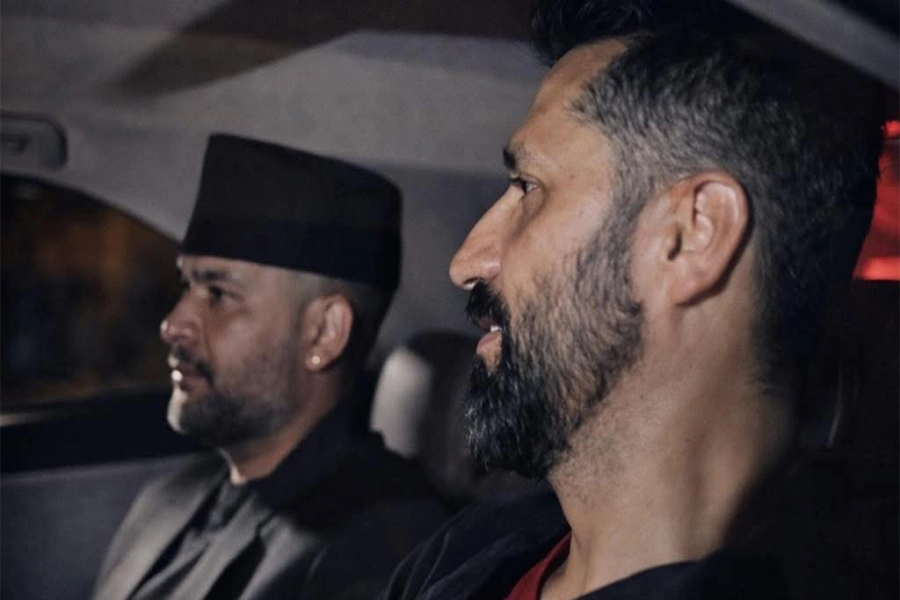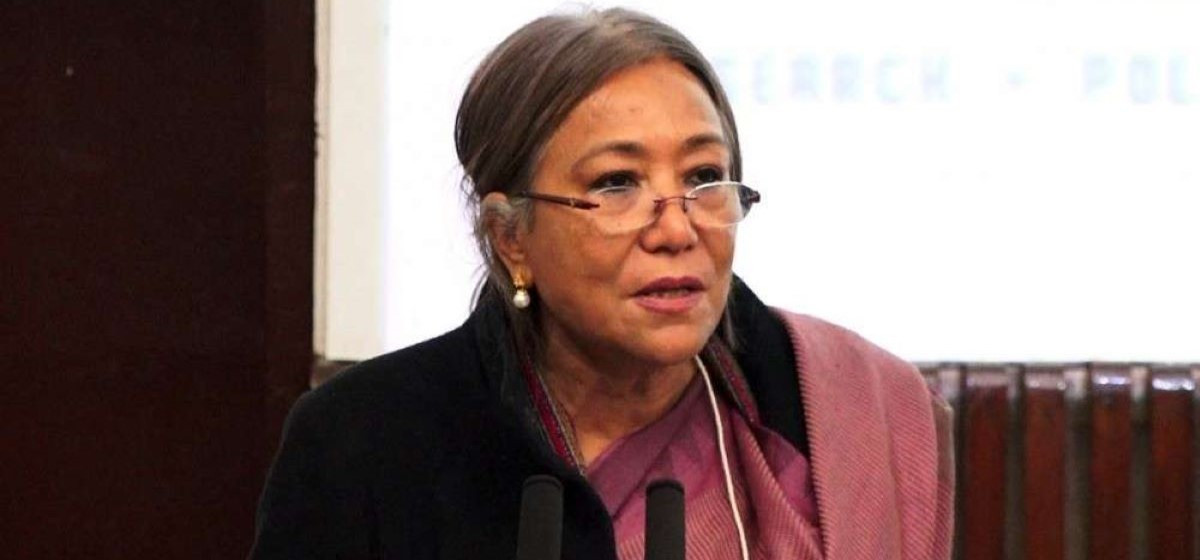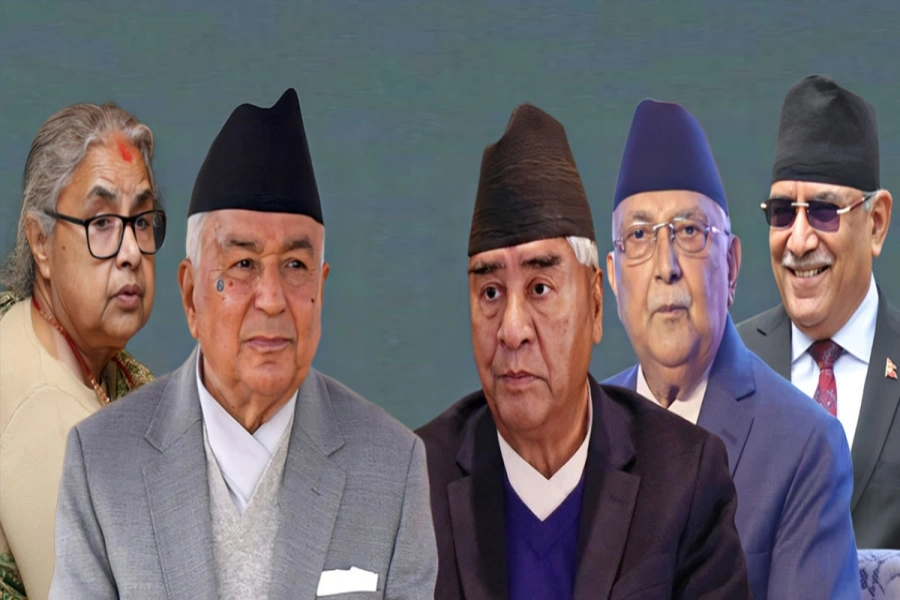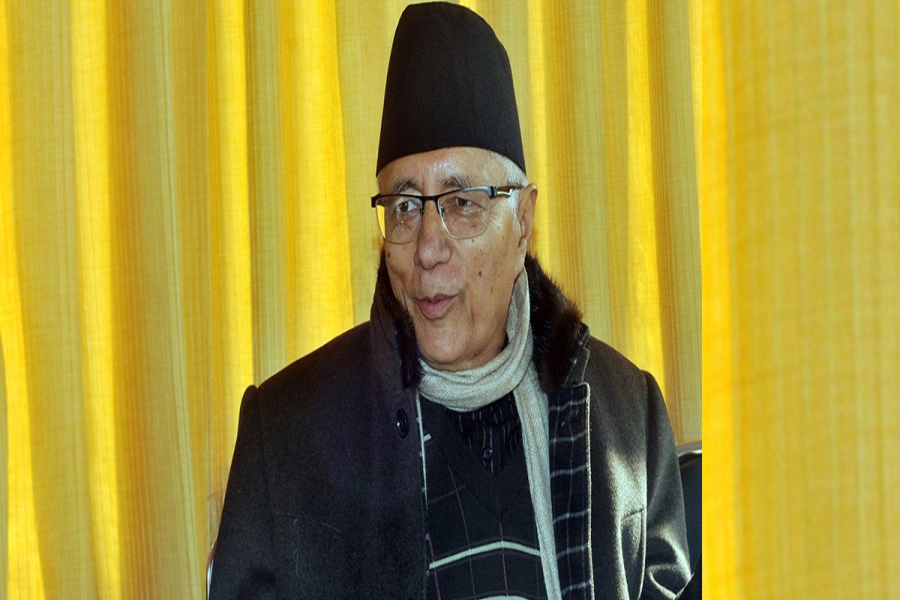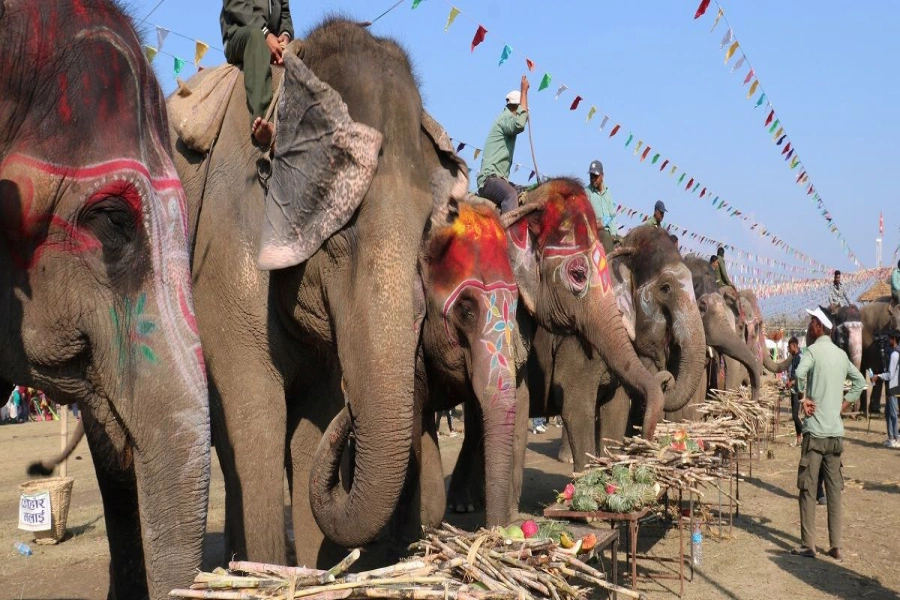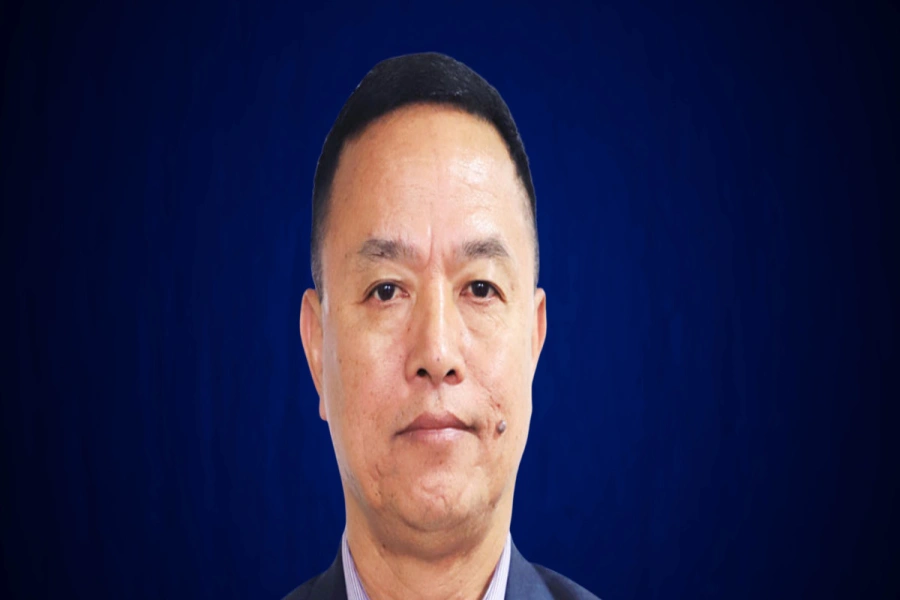The elderly people consider themselves as dependent people and are often dominated and subjugated by the other family members. There are many areas where their advice is useful but the younger people just shrug off such advice or react in anger by shouting and screaming at them not realizing that they too will be in this stage one day as aging is an inevitable process.
The world elderly abuse awareness day came into existence in June 2006 when the International Network for the Prevention of Elder Abuse (INPEA) requested the United Nations to commemorate the day. The United Nations General Assembly later in December 2011 officially recognized 15 June as a special day for the elderly. This year in Nepal too many virtual programs were conducted to mark the day and raise awareness regarding elderly abuse with the global theme ‘Access to Justice’. The main aim of these programs was to spread knowledge and awareness about elderly abuse and about their protection in our society. Elderly people are vulnerable people hence face several problems in accessing justice in our society. Awareness is very important for the elderly people to use their rights which includes the right to health, social security and dignity. The Constitution of Nepal 2072 gives the right to the senior citizens to be protected and secured by the state. There are many health security plans and other services and strategies made by the government. Their implementation, however, is yet to be seen in public domain.
In Nepal, high respect is paid to elderly people and they are considered as living gods. This sometimes increases lots of expectations of elderly people from the younger generation and in turn leads them to frustration and depression if proper attention is not given to them. In this modern world, most family members have a hectic daily routine which might lead to improper behavior towards the elderly people at home unconsciously. For example, elderly parents from the rural areas are not exposed to the modern toilets and kitchen ware their children have in their houses in cities. At times their children unknowingly show irritant behavior when those items are not used properly and kept clean. This is, in a way, an abuse toward the elderly parents.
Elderly dies while waiting for allowance

There are other people in society who are blamed to have abused their old parents and grandparents instead of safeguarding and protecting them. The question which comes to my mind is whether the perpetrator and the victim really know that they are abusers and abused respectively. Though the people in the cities might be aware of different abuses, the elderly parents and their children living far away in rural areas are still ignorant of what that really means. Most people in our country still live in rural areas and are not aware of the days we celebrate in the big cities. The culture of our country does not let us go against our family members. The elderly people consider themselves as dependent people and are often dominated and subjugated by the other family members. There are many areas where their advice is useful but the younger people just shrug off the opinion given by them or react in anger by shouting and screaming at them not realizing that they too will be in this stage after a few years as aging is an inevitable process. I have seen several couples who feel uncomfortable talking with their aged parents and parents-in-law. They at times ignore the questions asked by elderly members or are quite reluctant to give answers. I consider this as a very immoral gesture of young people toward the elderly. There are very few elderly abuse cases reported in Nepal until and unless it becomes unbearable, the elderly do not report the case because our culture stops us from complaining against our own relatives. There are so many cases we see in our everyday life that elderly people do not share with their family members so that the relationship is not ruined. They try to be tolerant and this perpetuates their psychological damage which may further lead to other health issues.
A few days ago, my neighbor told me that one of her relatives’ son took away all property of his widowed step mother while constructing his house by assuring the step motherthat he will take complete care of her. But as soon as the house was constructed, the old mother was prevented from living at her step son’s new house where she has been promised a room of her own. The son pretended that the house was not complete. After several calls and inquiry, the son came and took her mother who was then staying with her daughter. It was a big two and half story house and the mother was given a room on the top floor which was inconvenient for her to live in. She asked for another room but was insulted instead. Despite all the inconvenience and insult, she is compelled to stay in the same room as she has no other alternative. Here, we can see the financial fraud as well as psychological problems which the old people usually face. The mother insists her daughters do not speak and keep mum and not share their problems saying “it’s a family matter”. There are several cases where widows suffer because of their polygamous husbands. The property is taken over by the sons and such widows do not speak up because they believe in the culture that their last rites and rituals will be conducted by the sons for them to attain mokchhya (salvation). There are socially-constructed norms which expect widows to be resilient and none of her thoughts are given importance in any family or social matters. It is not only financial security that they deserve but they also seek the attention and care from the family and society.
There are several unreported cases of elderly abuse in our society. The cultural conditions vary from country to country. Hence the approaches may differ according to cultural context. One model cannot be fit for all. To define, detect and address elderly abuse, it is very important to consider the cultural aspect and it is one of the fundamental factors for abolishing elderly abuse. The elderly population should be made and feel productive in society so that they are confident mentally and physically. The role of family and community is extremely important for eliminating elderly abuse. To make elderly population productive, their experience should be shared in different spaces irrespective of formal or informal work they do in family and society. The awareness should be created in different domains of abuse and in different dimensions of society. The elderly people do not need charity and sympathy; instead, they need independence and dignity.
(The author is Lecturer of Sociology at Bhaktapur Multiple Campus, Tribhuvan University and pursuing her PhD.)






